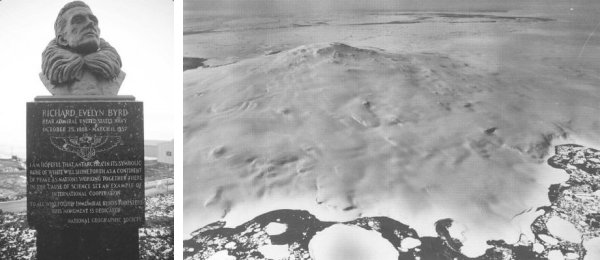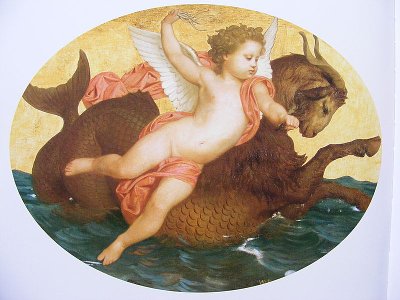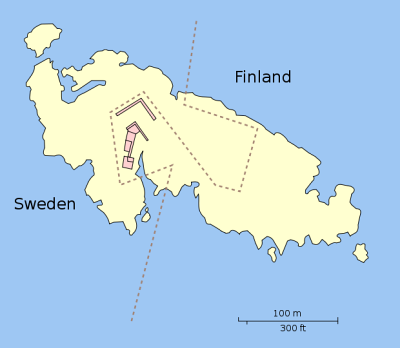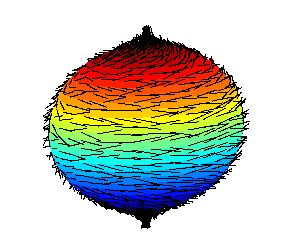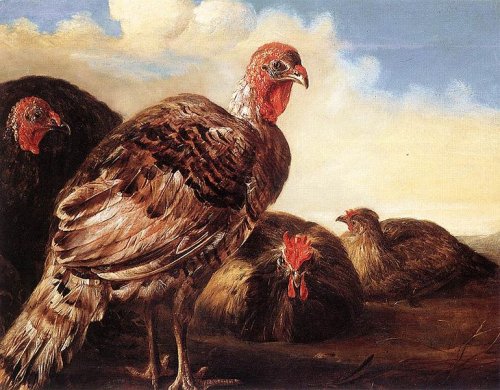In 1984, Bob Ellis, managing editor of the Eldorado, Ill., Daily Journal, announced a contest “to recognize and honor the American summer tradition, Daylight Saving Time.”
“The rules are simple,” Ellis wrote. “Beginning with the first day of Daylight Savings Time this year, those entering the contest must begin saving daylight. Whoever saves the most daylight … will be awarded prizes.”
He arranged for the contest to end on April 1, and hoped he had inserted enough absurdities that readers would see the joke. No pre-dawn light or twilight would be accepted, and moonlight was disallowed. Contestants could store their light in any container and deliver it to the Journal’s office. “All entries will be donated to less fortunate nations that do not observe Daylight Saving Time.”
But they didn’t. Ellis was contacted by media in San Francisco, New York, Chicago, Dallas, “every section of the nation” seeking more information about the contest.
That was all right with Ellis. He’s written the piece as “change of pace from the usual and often gloomy side of the news,” he said, so that people “could laugh at the world, and me, and perhaps even at themselves, with reckless abandon. And feel good. And therein lies the worth of such a diversion.”
